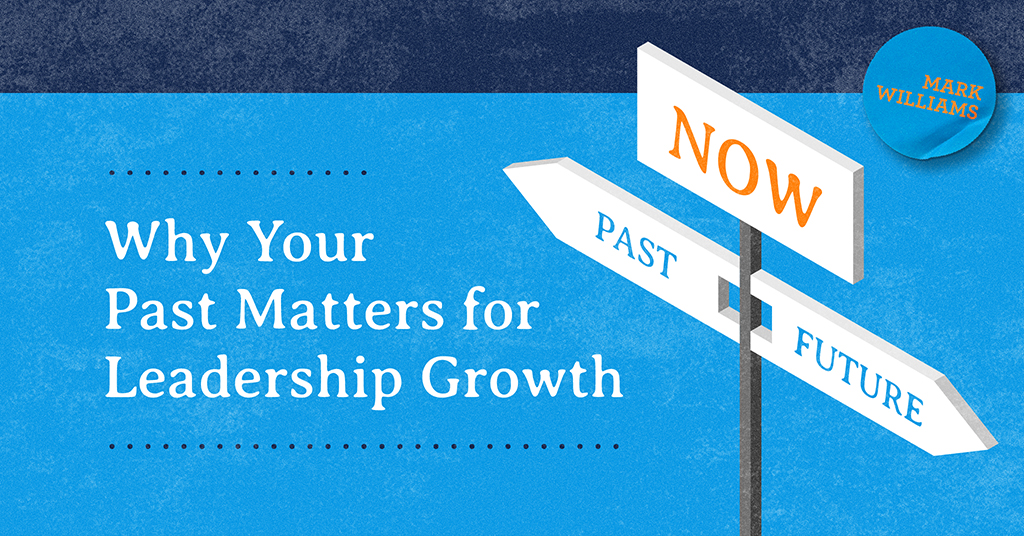As a leader, it’s easy to get caught up in what’s next. New goals, quarterly plans, growth initiatives and the next big decision can feel like they deserve all your attention. Looking forward is critical. You have to set a direction, make decisions with the future in mind and push your team toward progress. But the truth is, you can’t lead forward successfully without understanding the past.
Your past is a goldmine of lessons. The wins, the losses, the mistakes, the surprises, they all have value if you’re willing to pay attention. Too often, leaders rush ahead without taking the time to reflect and that’s when small mistakes become repeated mistakes. I’ve learned over the years that your history, both personal and professional, can guide the choices you make today. It informs your instincts and shapes your judgment.
Early in my career, I made decisions without fully understanding the impact on my team. I’d react quickly, thinking speed was the most important factor. But I failed to pause, to reflect on what had worked, what hadn’t and why. I learned the hard way that every decision leaves a footprint. The more I studied past outcomes, the better I became at predicting challenges, recognizing opportunities and guiding my team with confidence.
Knowing your past doesn’t mean dwelling on mistakes, it means extracting wisdom from them. Each failure carries insights you can apply to future projects. Each success shows patterns worth repeating. When I look back, I see the moments where a different approach could have saved time, money or even morale. I also see the moments where sticking with my instincts led to breakthrough results. Both perspectives are critical because leadership is about making informed decisions.
Reflection also builds empathy. Understanding the challenges you’ve faced helps you relate to your team when they struggle. You can offer guidance rooted in experience instead of theory. You create an environment where learning from the past isn’t punished but valued. That culture makes teams stronger and more resilient.
So how do you do this as a leader? Schedule time to reflect regularly. Celebrate the wins and analyze the losses. Ask yourself what each experience taught you and how you can apply it moving forward. Document the lessons and share them with your team. It’s powerful for everyone to learn from history, not just your own.
Leading forward isn’t about forgetting the past; it’s about building on it. The best leaders I’ve worked with combine foresight with reflection. Your future will always be shaped by your past. Don’t ignore it. Learn from it. Let it guide you. And then, confidently, move forward.

